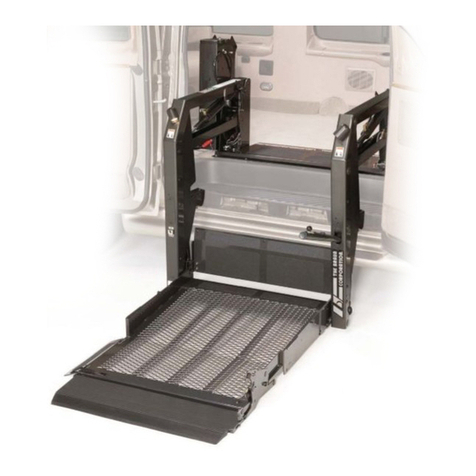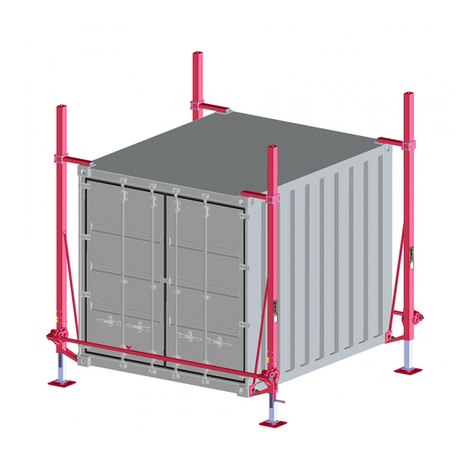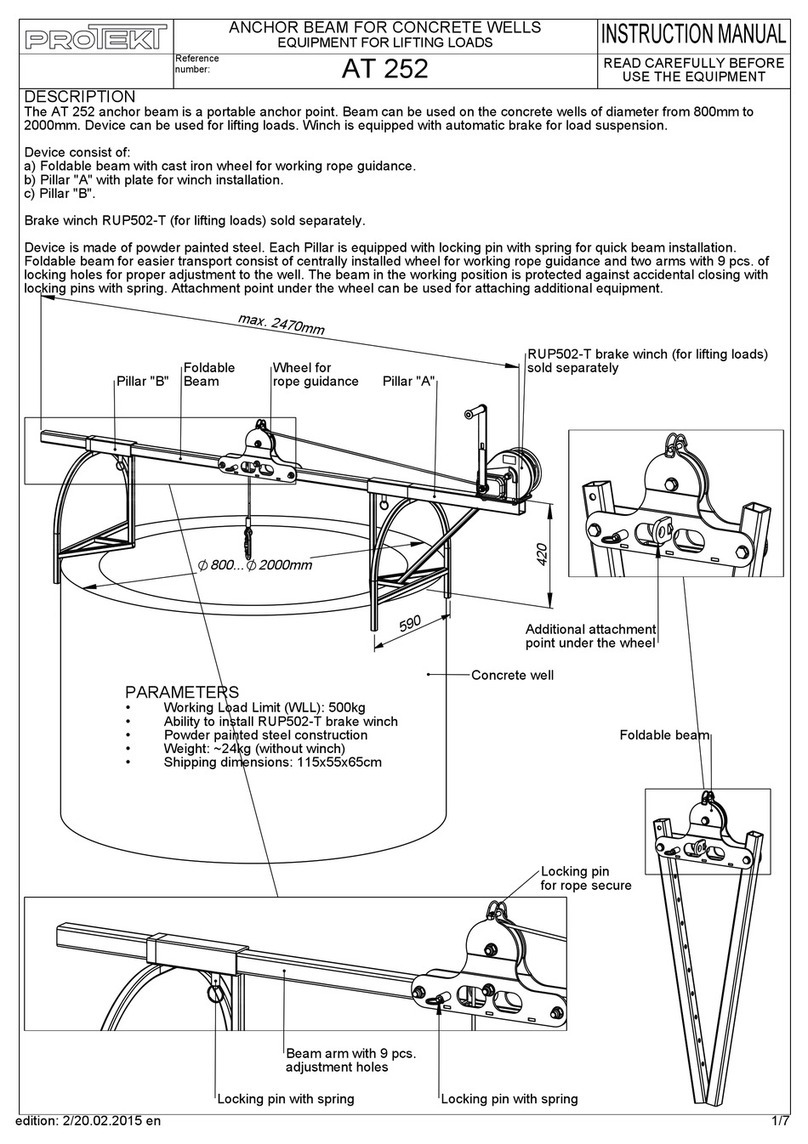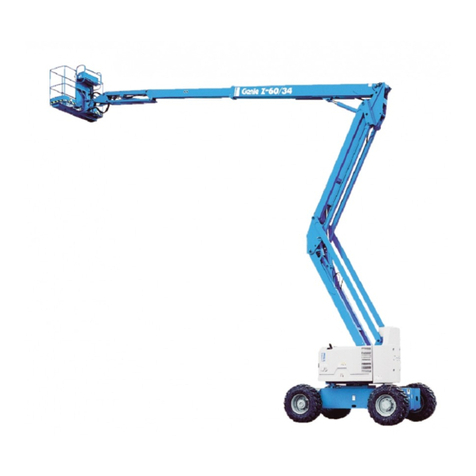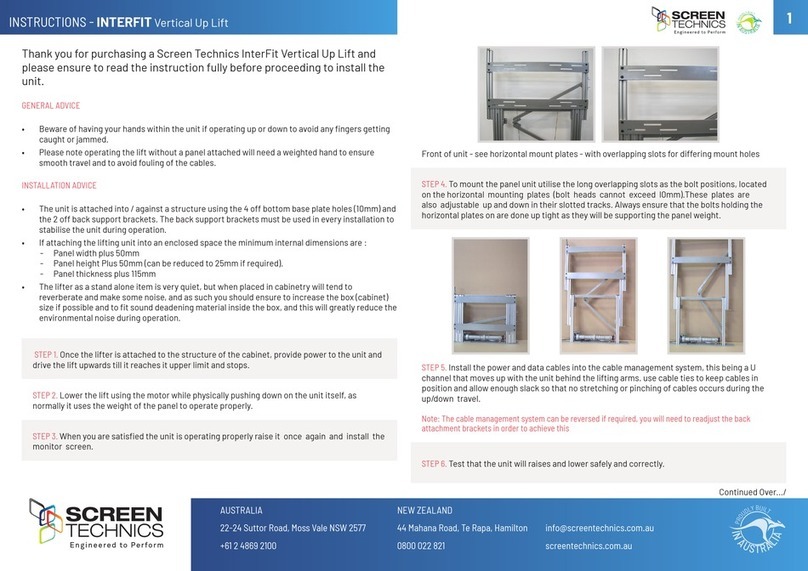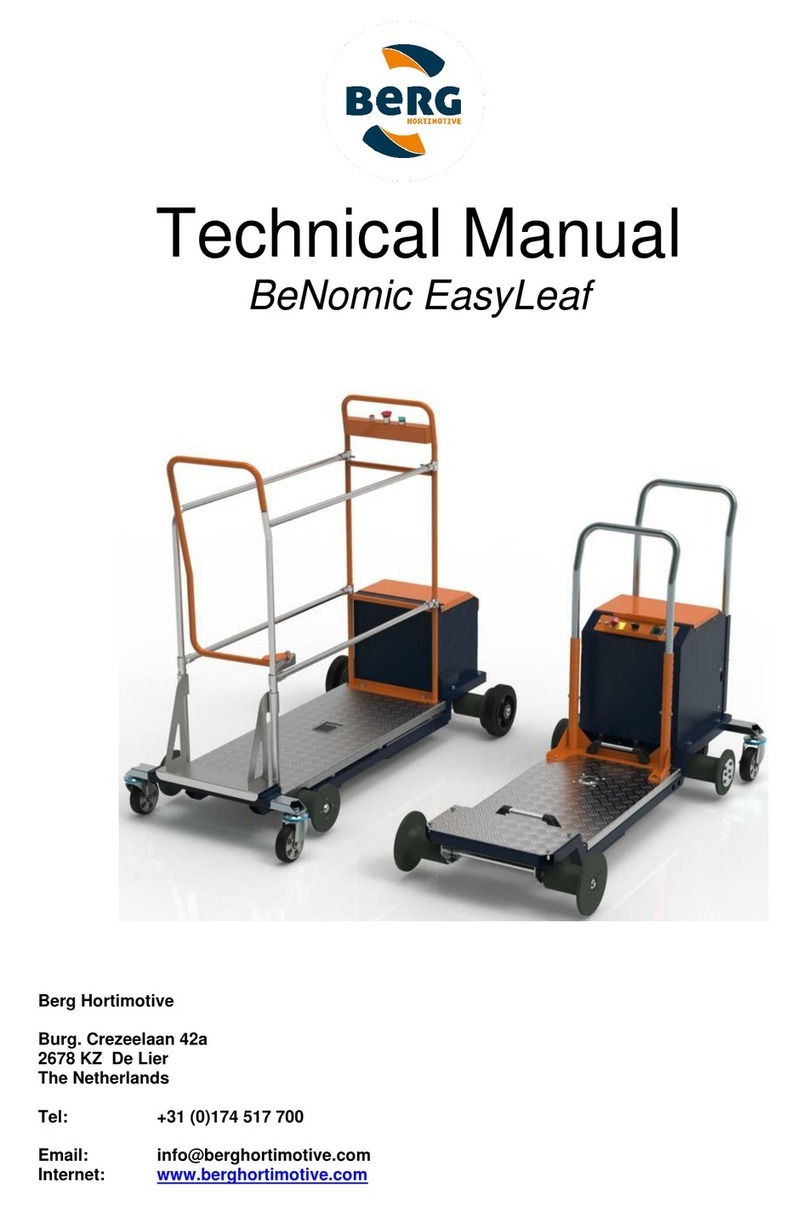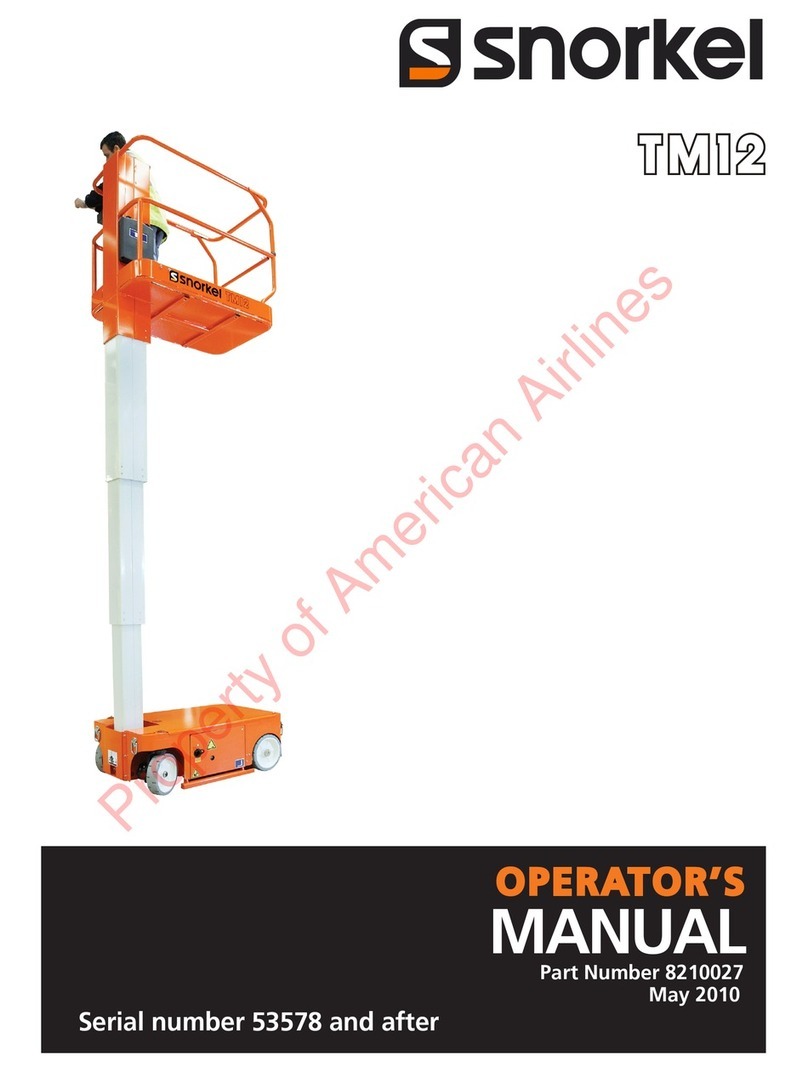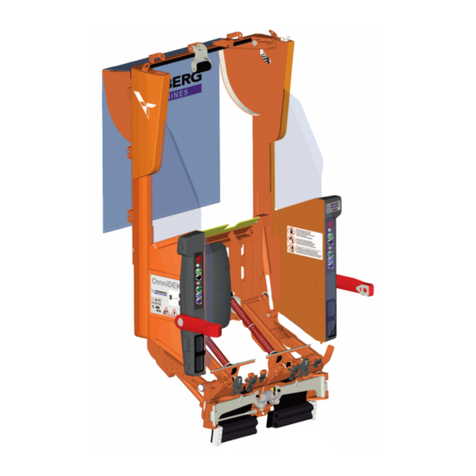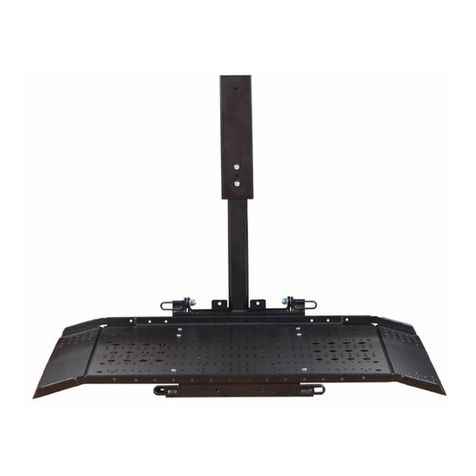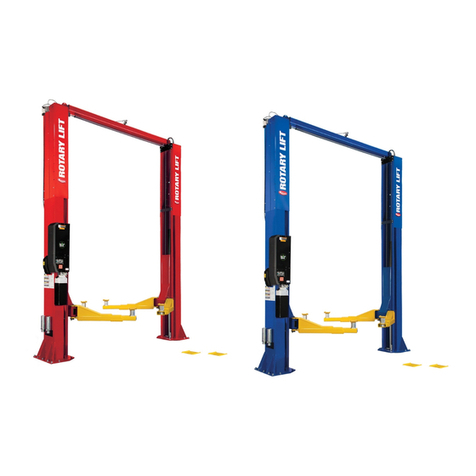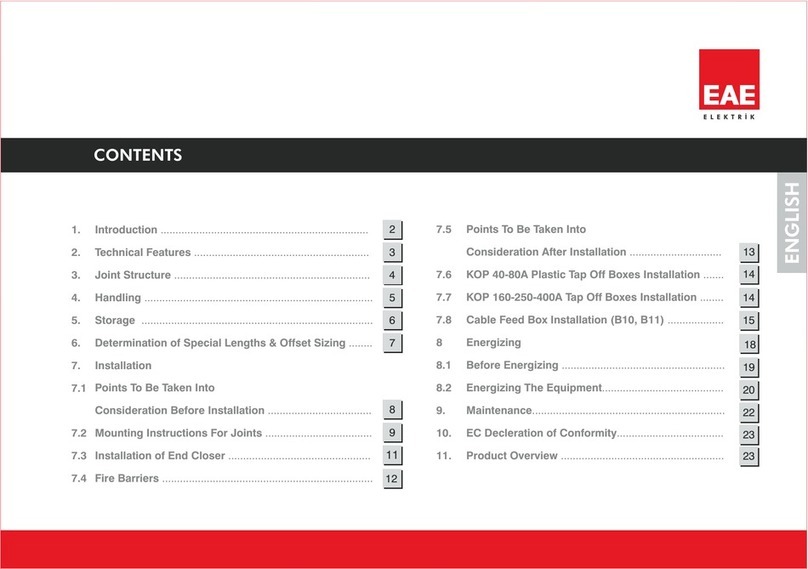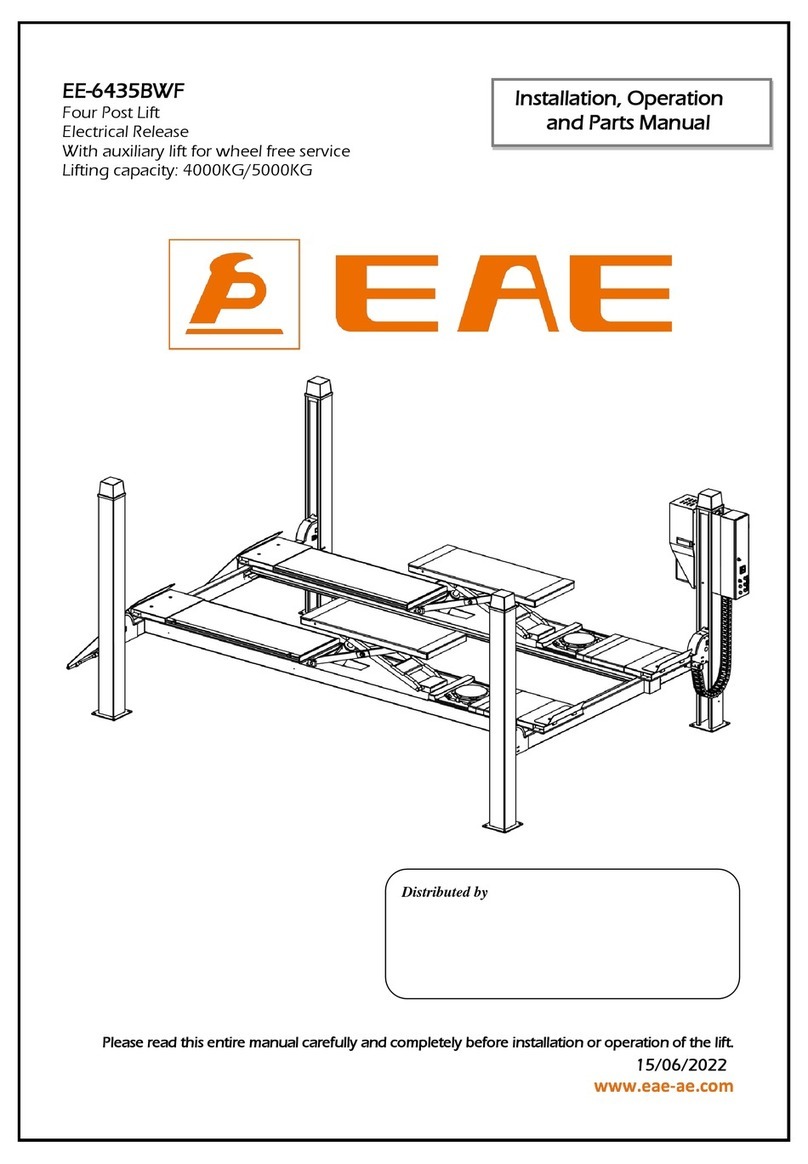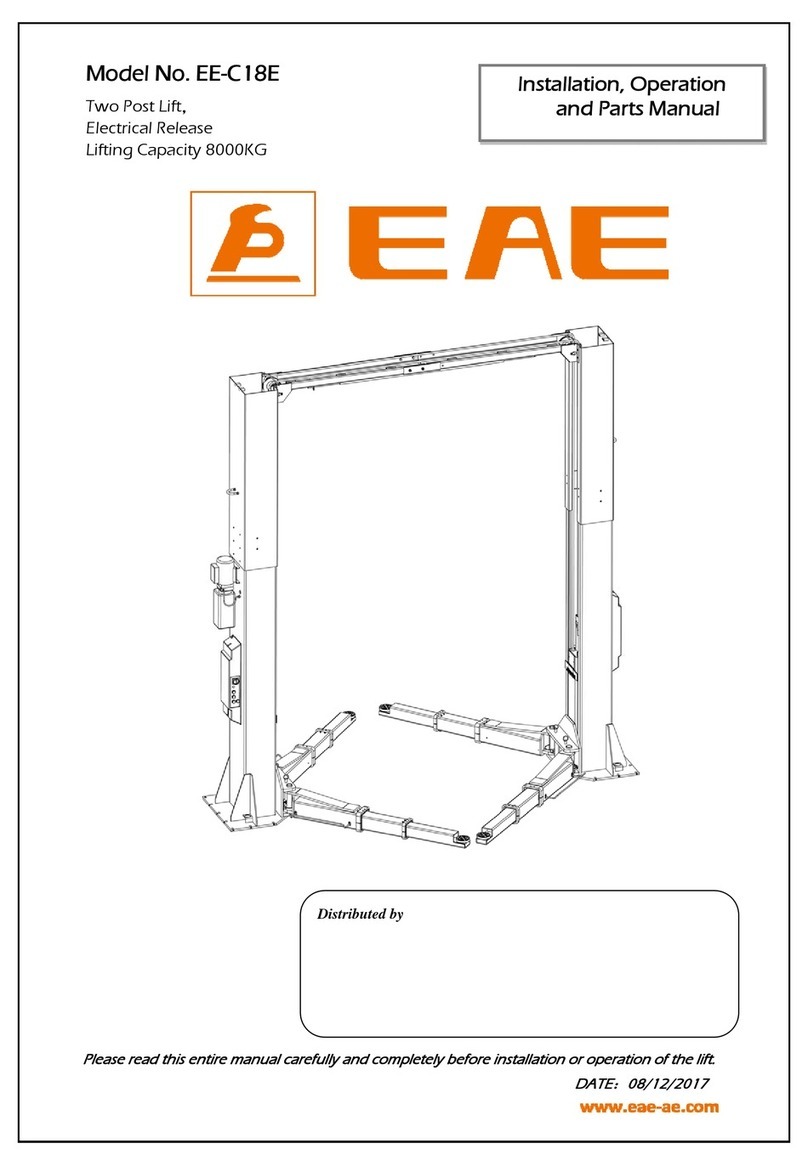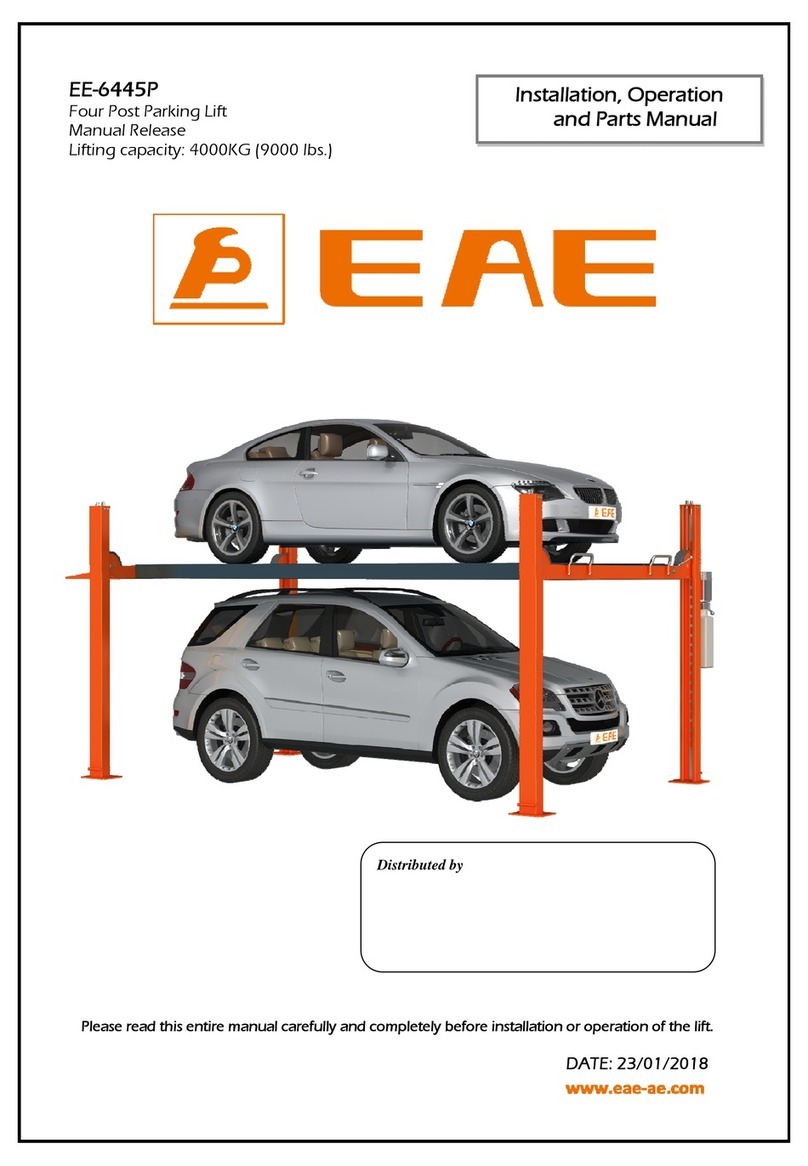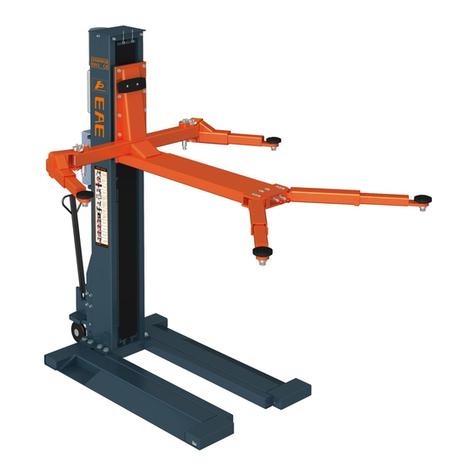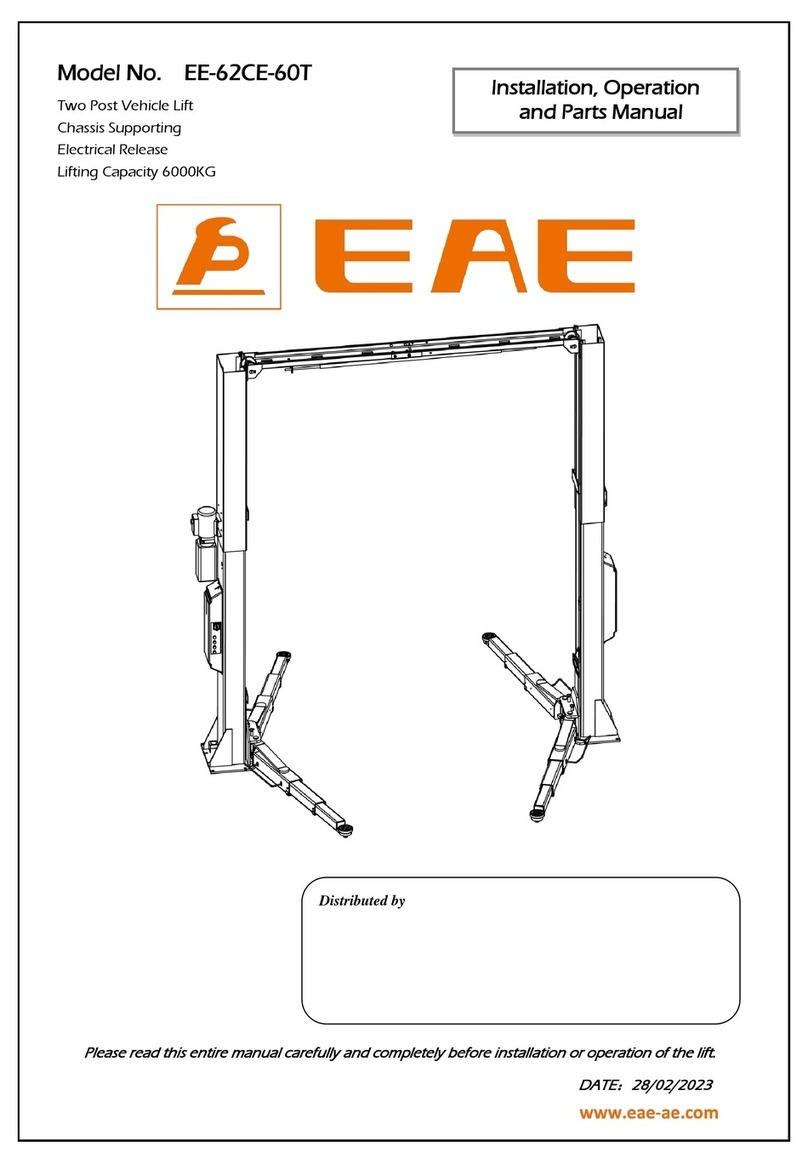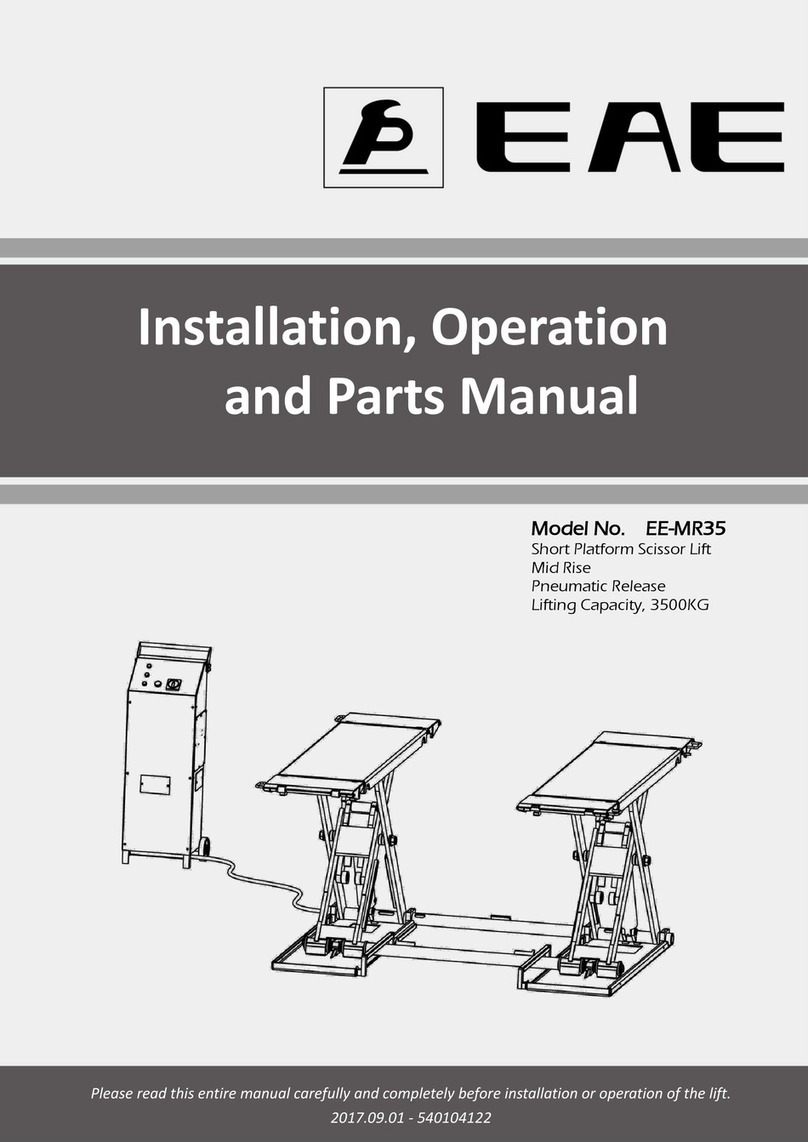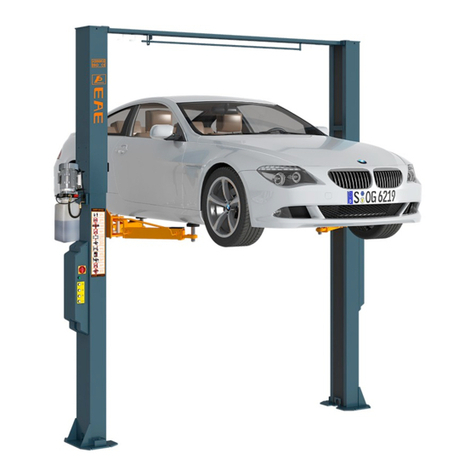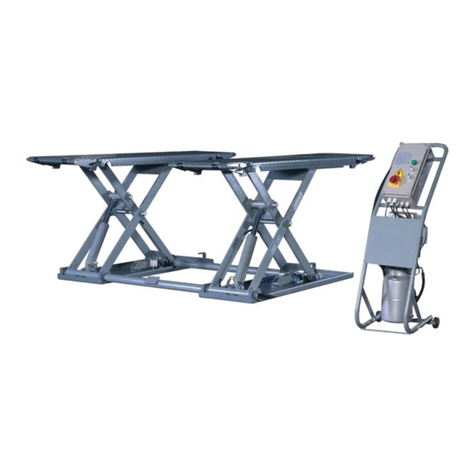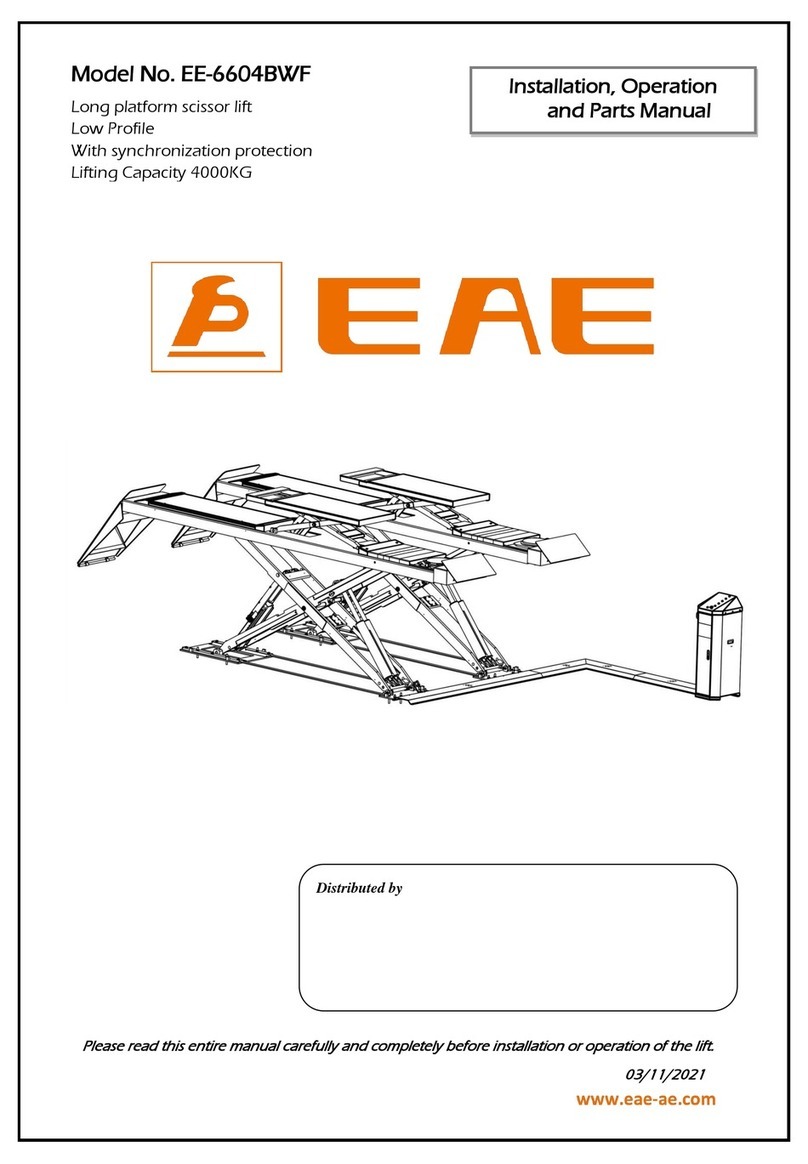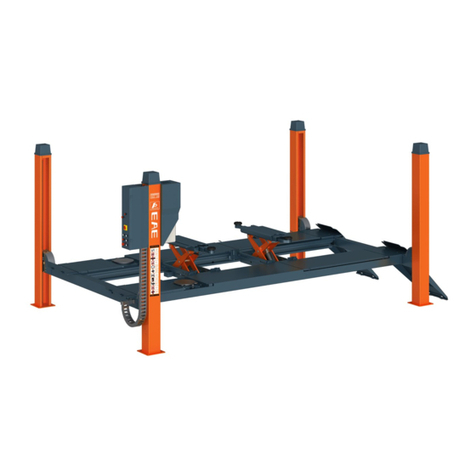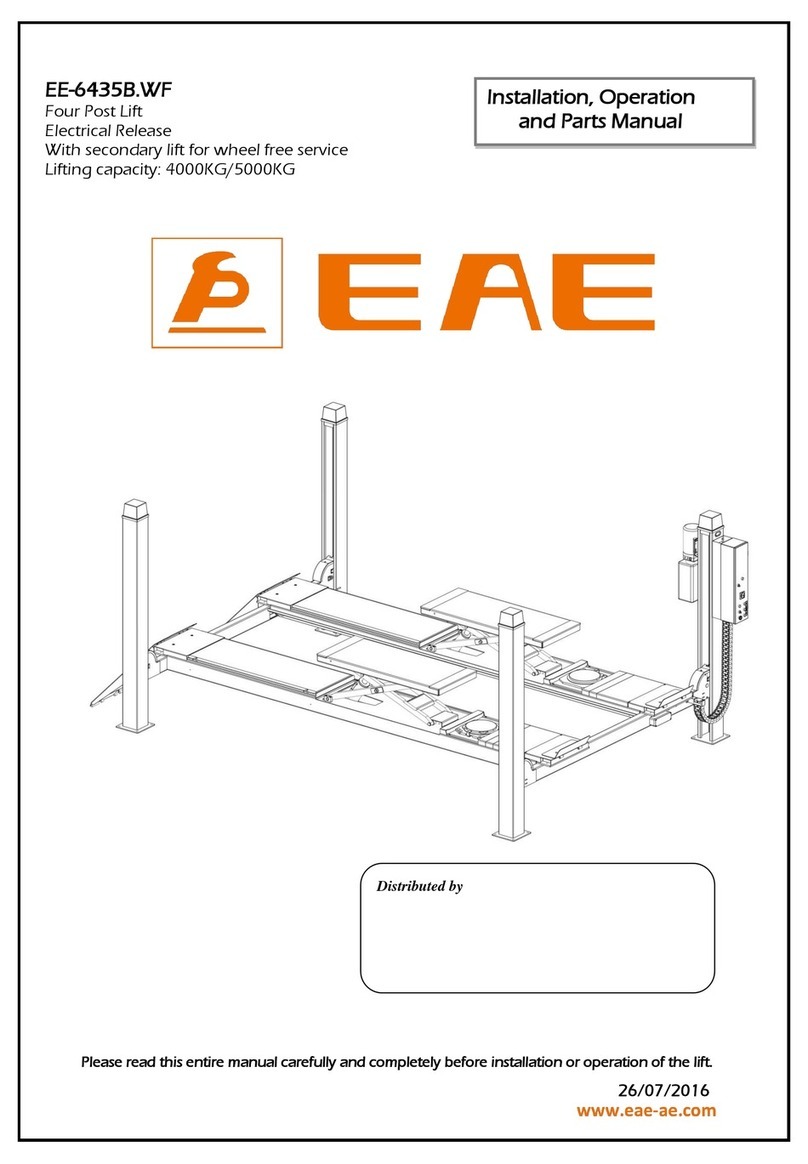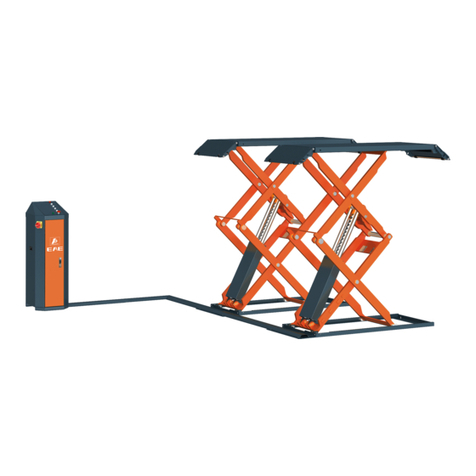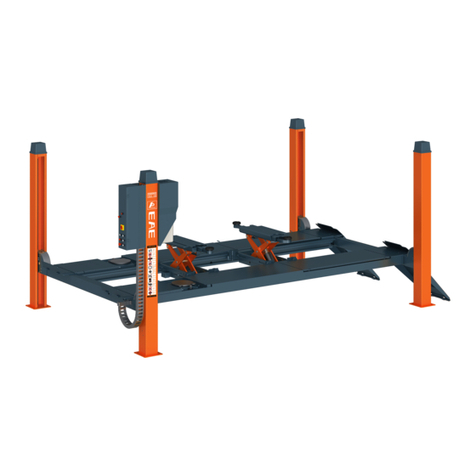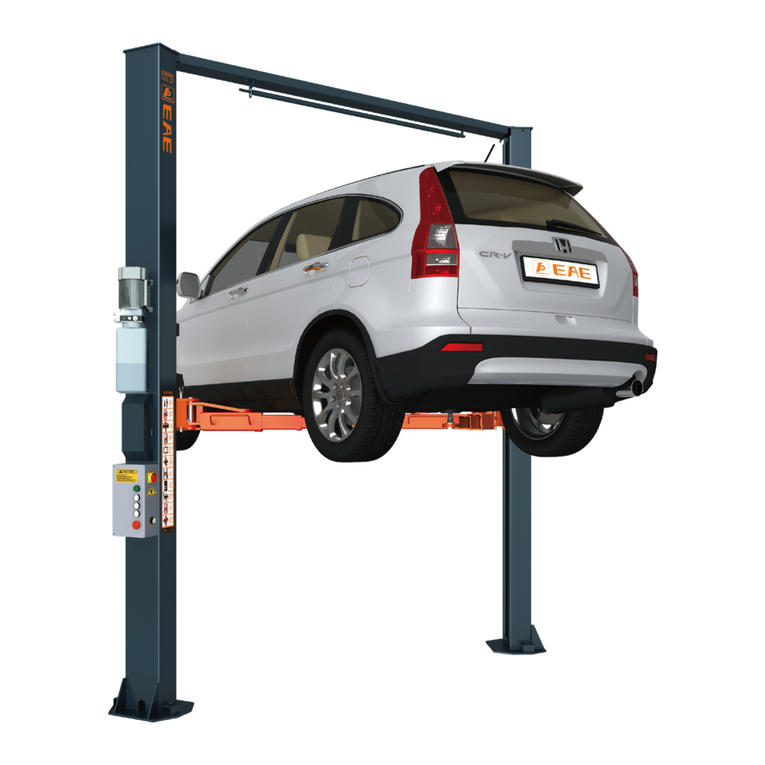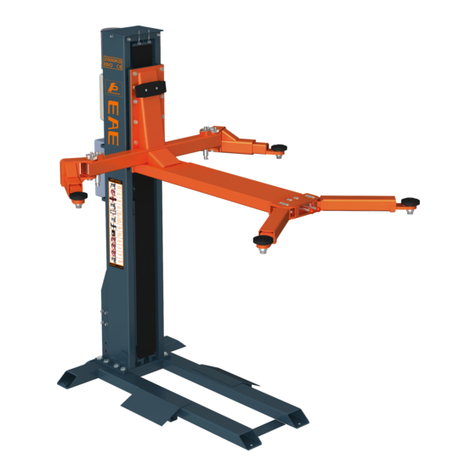
Installation, Operation and Parts Manual
EE-6603S/EE-6603B
IMPORTANT NOTES .............................................................................................................................................. 2
SAFETY NOTES...................................................................................................................................................... 4
1.1 Operation of lifting platforms .....................................................................................................................................................................4
1.2 Checking of the lifting platforms .................................................................................................................................................................4
1.3 Important safety notices .............................................................................................................................................................................5
1.4 Warning labels ............................................................................................................................................................................................6
1.5 Potential safety risks ...................................................................................................................................................................................7
1.6 Noise level ...................................................................................................................................................................................................7
PACKING, STORAGE AND TRANSPORTATION ......................................................................................................... 8
2.1 The lift was dismantled into 3 parts for transportation ..............................................................................................................................8
2.2 Storage........................................................................................................................................................................................................8
2.3 Lifting and handling ....................................................................................................................................................................................8
PRODUCT DESCRIPTIONS ...................................................................................................................................... 9
3.1 General descriptions....................................................................................................................................................................................9
3.2 Construction of the lift ................................................................................................................................................................................9
3.3 Dimensions................................................................................................................................................................................................10
3.4 Technical data ...........................................................................................................................................................................................12
INSTALLATION INSTRUCTIONS............................................................................................................................. 12
4.1 Preparations before installation................................................................................................................................................................12
4.2 Installation attentions...............................................................................................................................................................................13
4.3 General Installation Steps .........................................................................................................................................................................13
4.4 Items to be checked after installation. ......................................................................................................................................................14
OPERATION INSTRUCTIONS ................................................................................................................................ 16
5.1 Precautions ...............................................................................................................................................................................................16
5.2 Control panel descriptions.........................................................................................................................................................................16
5.3 Working flow chart ...................................................................................................................................................................................17
5.4 Operation instructions...............................................................................................................................................................................17
TROUBLE SHOOTING........................................................................................................................................... 18
MAINTENANCE................................................................................................................................................... 19
Annex 1, Floor Plan for recessed installation ..................................................................................................................................................21
Annex 2, Electrical diagrams and parts list .....................................................................................................................................................25
Annex 3, Hydraulic diagrams and parts list.....................................................................................................................................................29
Annex 4, Pneumatic connections and parts list...............................................................................................................................................33

